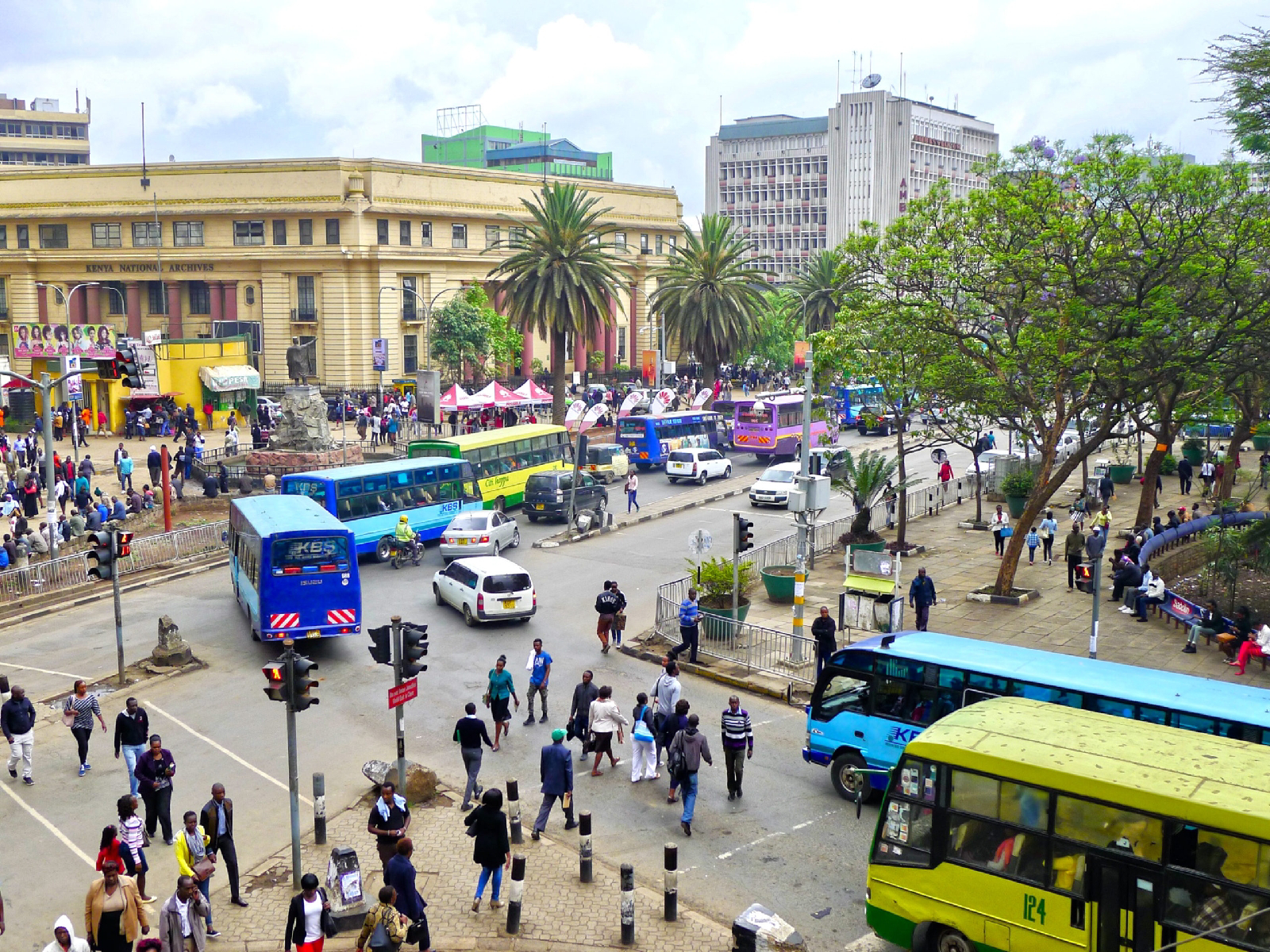Kenyan Religious Leaders Call for Unity and Progress Amid National Challenges
In a powerful show of unity, 21 umbrella organisations representing over 2,600 bishops from Indigenous, Pentecostal, and Evangelical backgrounds, and serving nearly 28 million Kenyans, have come together to address pressing issues facing the nation. The joint resolution, unveiled during a media briefing, highlights their collective commitment to Kenya’s spiritual, social, and economic well-being.
The religious leaders emphasised their sacred duty to act as a bridge between the people and those in positions of power. They asserted that, while they aim to remain non-partisan and avoid activism, they are committed to serving as peacemakers and advocates for constructive solutions. Citing Article 159(2c) of the Kenyan Constitution and the biblical teaching from Matthew 5:9—"Blessed are the peacemakers, for they shall be called the children of God"—the leaders urged church officials across the nation to engage in fostering national stability and reconciliation.
The statement acknowledged the progress made by the government in several key areas. Efforts in job creation, healthcare reforms, and stabilising the cost of living were highlighted as positive steps towards a more prosperous nation. However, the leaders did not shy away from expressing concern over persistent challenges, particularly the high cost of living and unemployment. They called on the government to intensify efforts to ensure relief reaches all households.
"As religious leaders," the statement read, "we stand ready to offer our partnership and support to help foster hope, resilience, and constructive dialogue as the government works to deliver long-term solutions."
The coalition of religious organisations underscored the importance of national unity, describing Kenyans as a resilient and peace-loving people. They pledged to utilise their extensive grassroots networks to promote messages of peace, unity, and hope. Furthermore, they urged the government to prioritise inclusive policies that bridge regional and economic divides, noting that a cohesive nation must be built on fairness and equity, ensuring that all Kenyans benefit from development.
The joint resolution commended the President's recent State of the Nation Address, in which he highlighted job creation, healthcare reform, affordable housing, human rights, and food production. The religious leaders applauded the administration’s initiatives, especially the reduction in the cost of essential goods such as maize, unga, cooking oil, beans, peas, and fertiliser. However, they maintained that more needs to be done to ensure price stability and sustainable economic growth.
Emphasising the need for decorum in national discourse, the statement called on all leaders—political, religious, and civic—to engage respectfully with the presidency. They also urged the government to remain open to feedback and adopt an inclusive approach in addressing national issues. Constructive criticism, they said, is crucial to building trust and strengthening Kenya's democracy.
In a significant move, the leaders expressed their desire for a roundtable meeting with the President. As representatives of a vast network of bishops and grassroots ministries, they are seeking to engage in a dialogue to share insights and collaborate on strategies to address Kenya’s pressing challenges.
Concluding their statement, the religious leaders reaffirmed their dedication to the welfare of both the Church and the nation. They expressed a belief that, through continued dialogue, prayer, and collaboration, Kenya can navigate its challenges and achieve its full potential. They called on all Kenyans to remain united, hopeful, and steadfast in their commitment to building a nation characterised by peace, justice, and prosperity.
The joint resolution underscores the role of Kenya’s faith leaders not just as spiritual guides but as influential voices in the country’s socio-economic and political landscape. Their call for unity and constructive engagement is a timely reminder of the importance of collaboration in building a stronger and more inclusive nation.



Comments
Post a Comment